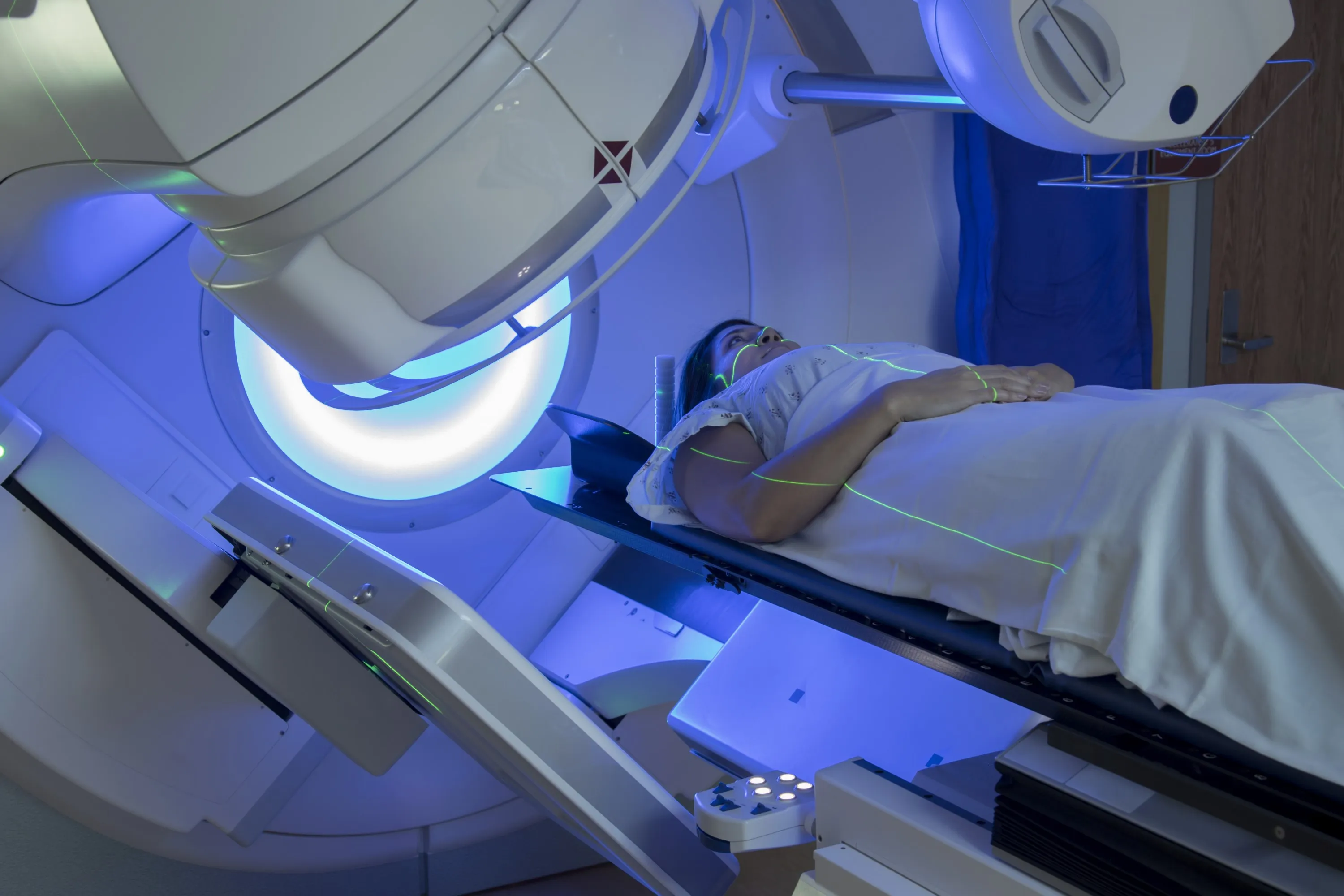
This protective effect is limited after a decade, when the risk of cancer recurrence is similar to that in those who have not received radiotherapy.
The findings provide a more complete picture of the long-term benefits of radiotherapy following breast cancer surgery, experts say.
Long-term study
Surgery followed by radiotherapy remains the standard care for women with early-stage breast cancer. Radiotherapy targets high doses of radiation to the breast to destroy any remaining cancer cells after removal of the tumour.
The Scottish Breast Conservation Trial, led by the University of Edinburgh, looked at 585 women who received treatment for early-stage breast cancer in Scotland – half received radiotherapy and half did not. The average follow-up period for patients was 18 years, with some cases followed for more than three decades.
After 10 years, 16 per cent of those who had radiotherapy had experienced the return of their cancer in the same location, compared with 36 per cent of those who did not have the treatment.
Survival rates
Despite a reduction in cancer recurrence, survival rates did not improve with radiotherapy treatment.
Average overall survival rates after 30 years were similar for those who received postoperative radiotherapy and those who did not – 19.2 years and 18.7 years, respectively.
There were fewer deaths from breast cancer among those who received radiotherapy than those who did not – 37 per cent versus 46 per cent. By contrast, there were more deaths from other cancers in the group who received radiotherapy – 20 per cent versus 11 per cent.
Understanding the long-term impact of radiotherapy is increasingly important, as improvements in the detection and treatment of early-stage breast cancer mean that patients are living longer, experts say.

